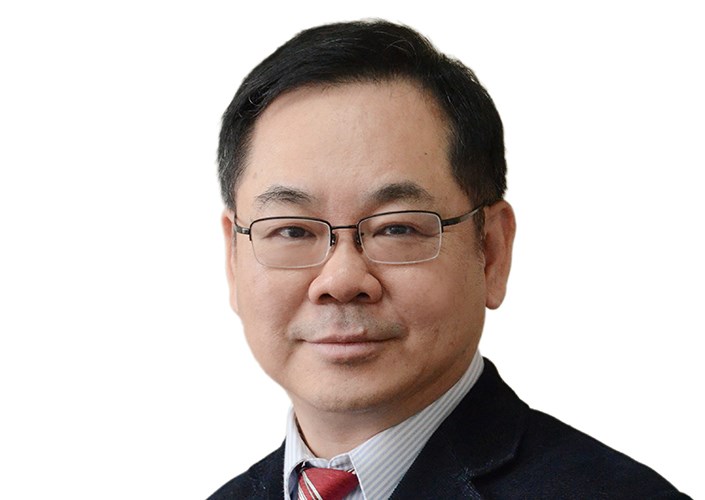Dear Editor,
Re: “Be patient with the newcomers,”Letters, Aug. 5.
Coun. Chak Au pleads for people to be patient with the newcomers, but how about including all residents in that, sir?
Should long-time residents not also be extended that same “patience” as our city is being dismantled in the blink of an eye?
How shortsighted of you to suggest that only one group of people should be extended patience and understanding. It’s insulting.
We’re crying out here for a show of patience in adapting to the abrupt changes taking place...for things to slow down. You can’t expect us to change overnight. So, how about applying that same empathy to all people, not just newcomers?
In one breath, and when it works in favour of his argument, Mr. Au states that he doesn’t feel “it is fair to make a sweeping conclusion” on a culture or group of people based on the behaviour of a few.
In the next breath, he goes on to do that very thing in what appears to be a double standard:
“Most” (of the Chinese immigrants, have made their best efforts to integrate into the community).
“Many” (of them are living a life similar to yours and mine). “Many” (of them, like me, live in a moderate home and pay monthly mortgages with hard-earned money).
So he, himself, uses sweeping statements and generalizations to make his point. In lumping “most” and “many” together when it suits him.
Convenient.
It concerns me deeply that, as a city councilor, he is seemingly undermining residents’ concerns and is being divisive and dismissive under the guise of being somehow helpful here. He is rallying for a particular group while pretty much discounting the feelings of another. Alarming.
Many of the people venting frustration have also made great efforts in this community and their feelings are very real. It’s not a matter of an impatient group conjuring up issues out of misguided ideas and generalizations. What is happening here isn’t because some people aren’t playing nice...this city is being stripped down and reconfigured at a rapid-fire pace, and public figures have a responsibility to hear their concerns, not dismiss them.
I have been here 50 years and we’ve always exercised patience with one another through a show of welcoming and inclusiveness. But it should be a two-way street, which is what Mr. Au’s letter completely fails to acknowledge. He rather inappropriately places responsibility (and blame) for issues currently experienced by long-time residents. But he is wrong to do that.
People are doing nothing more than crying out for preservation of what they’ve always known (because that counts, too.) Patience and understanding should be extended by councilors to all citizens, not just “newcomers.”
Mr. Au has failed to set that example.
Newcomers must also exercise patience and make an effort if this is to work. They must learn to adapt to the environment they’ve come to.
I am disgusted with the suggestion that newcomers should get a free pass and all responsibility in making a harmonious community lies elsewhere.
A community leader with a good grasp on things would recognize that it needs to be a meeting in the middle, not just an extension of welcome by some in order to appease others. We all matter, sir. And while newcomers may desire something, their needs aren’t the only needs to consider. It’s upsetting that you’ve ignored that.
You write, “Yes, some (new immigrants) may still carry a mindset they have developed in the past....But one cannot expect them to change overnight.”
In fairness, you must extend that thinking to all. It is the expectation that long-time residents should change over night to accommodate newcomers that is causing so much distress.
“To blame the new immigrants alone will not help to improve the situation. I suspect that it will be counterproductive,” you add.
Well, Mr. Au, your letter is a perfect example of counterproductivity and full of blame. So, I’m not counting on you to improve the situation, which will be reflected in my vote.
D Wilde
Richmond



